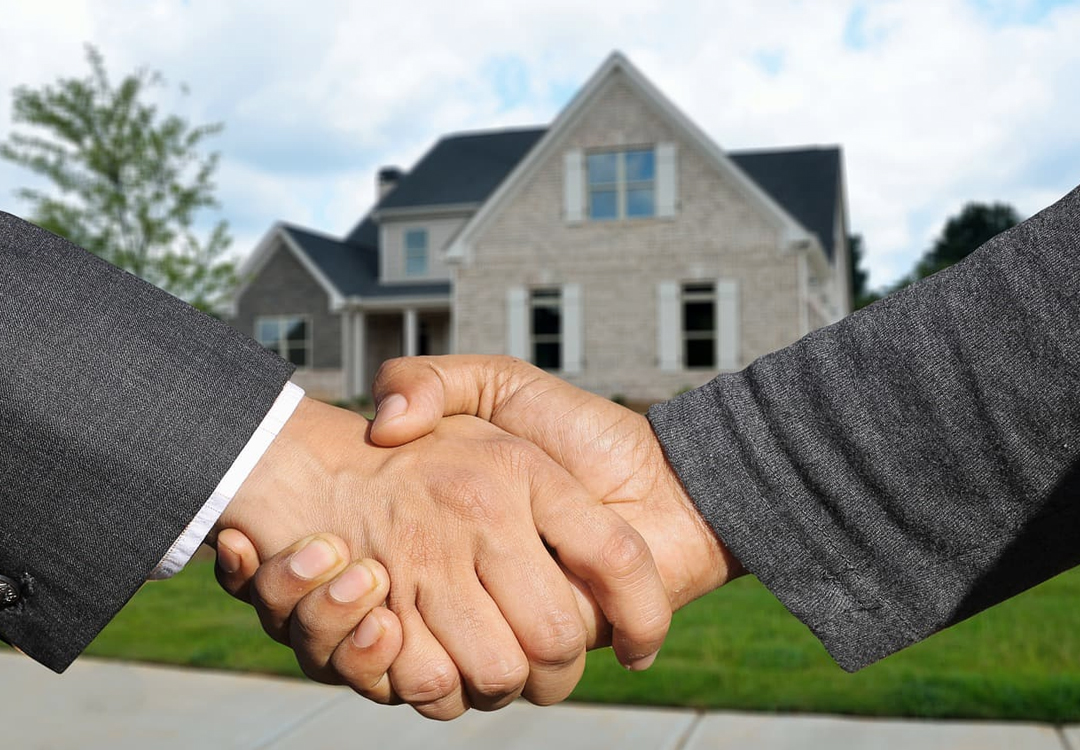Like many people today, you probably want to start investing in real estate. After hearing the testimonies of successful property owners, you want to give it a try as well. It’s true that people make a fortune out of the properties they buy, but similar to other businesses, there are important things to consider before you jump in. Here are just a few:
1. Your Tools
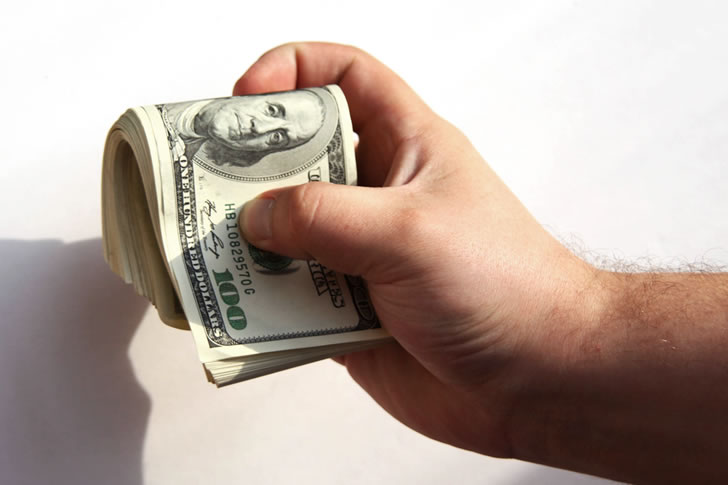
Before you start investing in real estate, you must first consider two things: your repairing skills and your money for repairs. It’s great if you at least have one of these. But if you lack both, then maybe this isn’t for you. If you’re handy with repair tools, then you can save more money by channeling your inner Bob the Builder rather than hiring him to do the work for you.
Lawrence Pereira, the president of King Harbor Wealth Management, manages his properties on the East Coast even when he’s living on the West Coast. Pereira says that he has a team of cleaners, handymen and contractors. As a newcomer in the industry, you shouldn’t start by spending all your money on your team’s salary. But don’t worry; once you’ve got your business going, you won’t need to do the work alone.
2. Your Debts
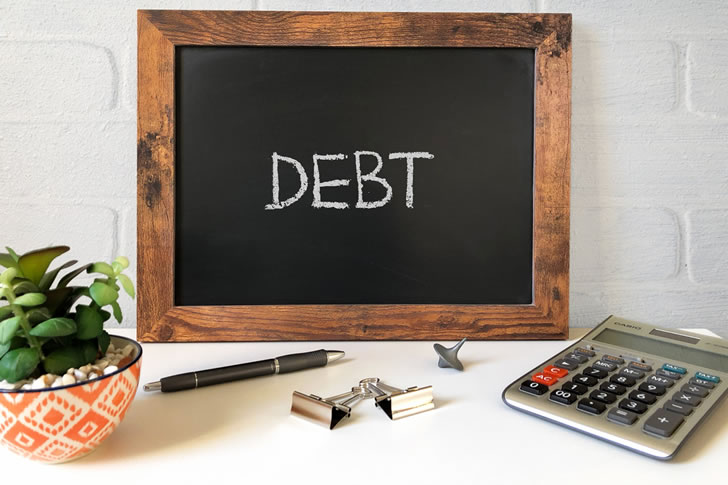
Make sure to settle all your unpaid bills, loans and debts before you purchase your rental property. You might want to check if you still have pending business or personal loans; college tuition fees; or bills that need to be paid. According to Lawrence Pereira, “Always have a margin of safety.” It’s better to calculate wisely—is the cash return more than enough to pay your debt? If not, maybe you wouldn’t want to bury yourself with more unpaid bills and credit card debt.
3. Down Payment
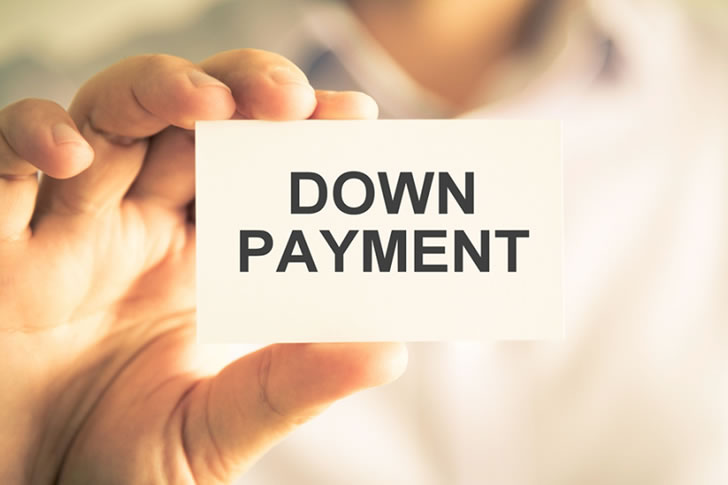
It’s true that investment properties have stricter requirements. And generally, they demand larger down payments compared to owner-occupied properties. Because your mortgage insurance doesn’t cover rental properties, you might need more than 3% of what you paid for your house. For real estate, you might want to secure at least 20%.
4. High-Interest Rates
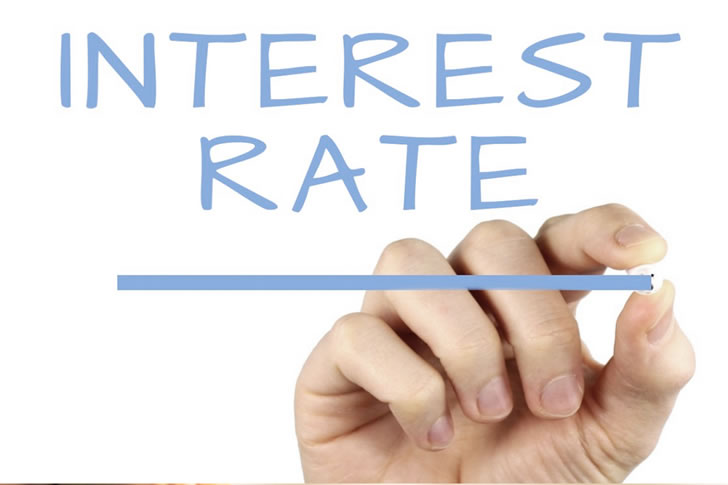
Investment properties don’t only have high down payment rates; they also have higher interest rates than traditional mortgage rates. So unless you want it to consume your monthly profits, you need to get low mortgage payments.
5. Your Margins
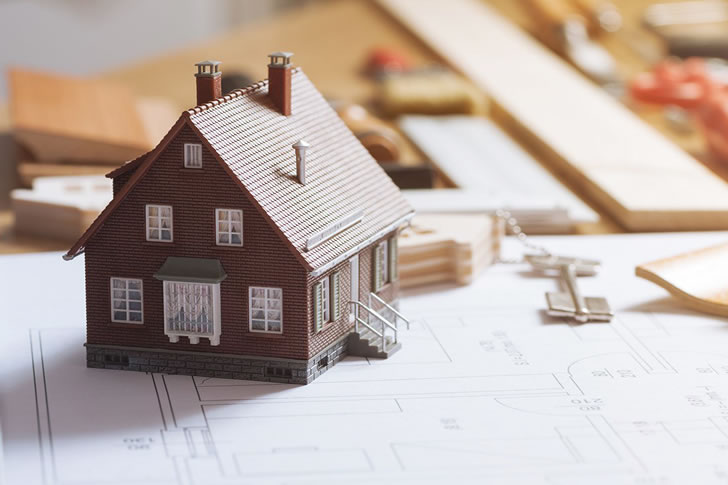
Buying a rental property would definitely require you to consider the various expenses such as insurance, property taxes, landlord insurance, possible homeowners’ association fees, landscaping, and pest control. That’s why the estimated maintenance costs are at 1% of the annual property value. If you buy distressed properties and have to pay for staff, you should aim for about 5% to 7% of cash returns. However, if you’re running it as an individual, you might want to set 10% as your goal.
6. Fixer-Uppers
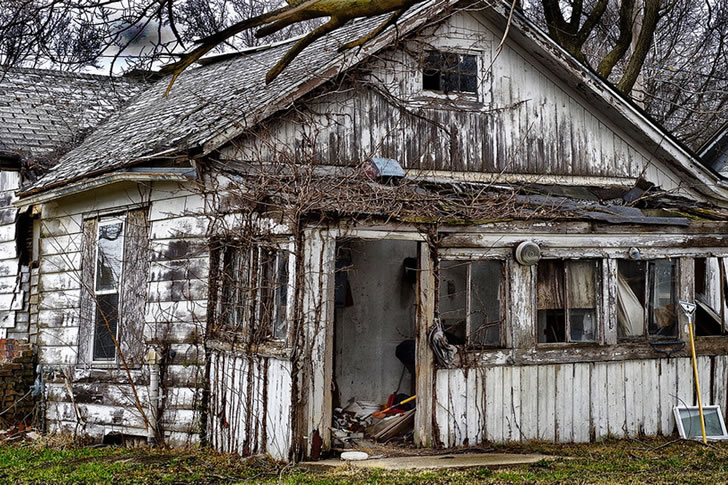
If you’re looking for your first property, you might be tempted to bargain for a fixer-upper and transform it into a rental property. That may be a bad idea unless you can hire someone who can do the work for a low price or you have enough skills to do the improvements yourself. If not, you may end up spending all your money on renovations. The best thing to do is to look for something low-priced and only needs minor repairs.
According to the founder and CEO of Holmes Real Estate Group, Matt Holmes, the best purchase would be a home that can accommodate a bedroom right away because it increases resell value. It also often pays for itself, especially if you’re renting the room.
7. Operating Expenses
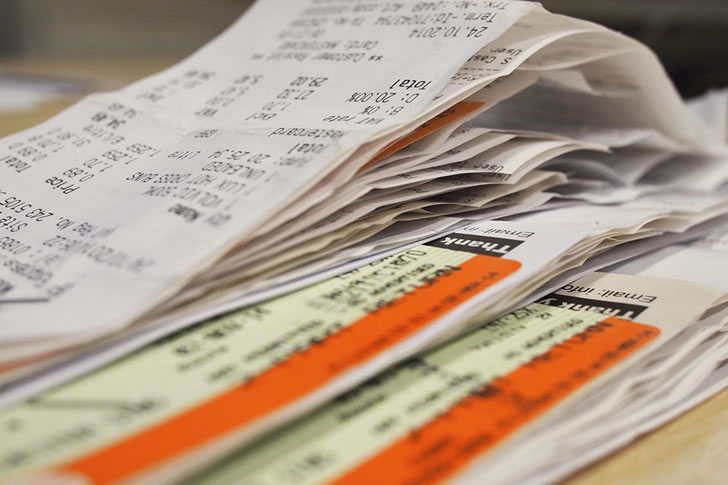
Operating expenses take up most of your gross operating income by about 35 to 80 percent. You have to be smart in calculating your expenses. For example, you may only charge $1,500 as monthly rent, but if your expenses are around $600, you’re only left with 40 percent. However, if you use the 50 percent rule and charge your monthly rent at $2000, your total expense is expected to be around $1000.
8. Your Returns
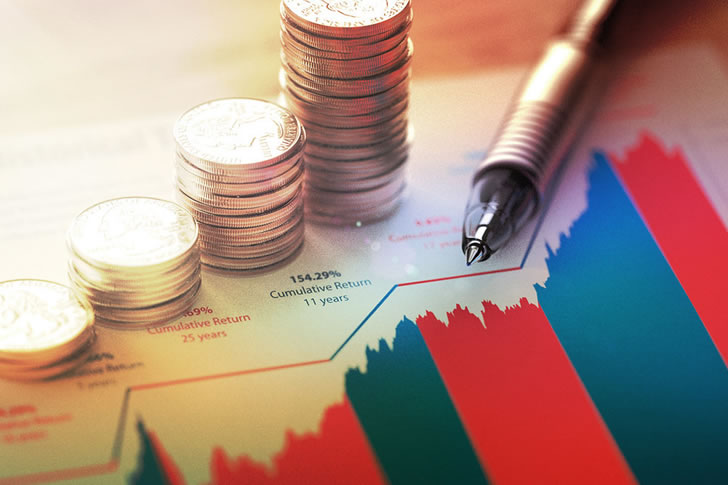
You should consider the amount you’ll receive for every dollar that you invest. Stocks might promise you a 7.5% cash return and bonds may guarantee about 4.5%, but real estate can give you a healthy 6% return in your first year. Also, remember that this percentage can still increase over time.
9. Low-Cost Home
It’s better to start with a $150, 000 home in your first year. Remember, the more expensive the property, the higher the ongoing expenses.
10. The Right Location
Find a good location, which are the ones with low crime rates and low property taxes. You might also want to look for a location close to necessary institutions such as markets, schools, restaurants, and parks.
11. Pros and Cons
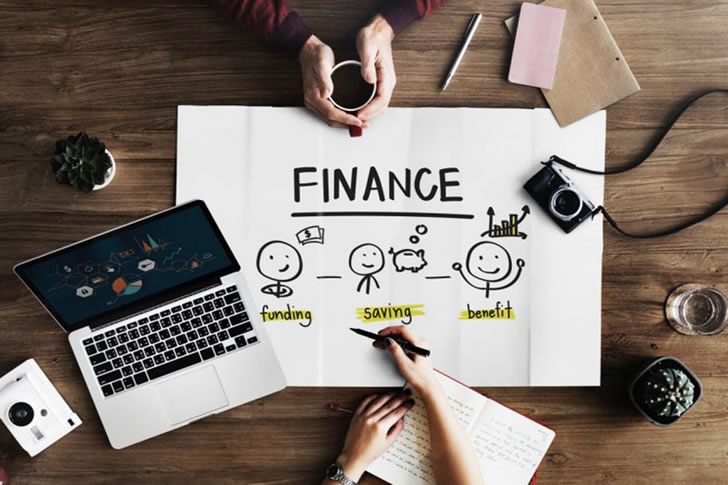
Your financial decisions should always be calculated by weighing the advantages and potential risks. Check out the pros and cons when you invest in real estate:
Pros:
●Your income will continue to grow as real estate values increase.
●With a passive income, you can earn money and still maintain your regular job.
●Your paid interest towards an investment property loan is tax-deductible.
●Unlike stocks, real estate is a physical asset you can see and touch.
●It’s more stable than the stock market.
●You can include real estate in your IRA.
●Social Security Tax does not cover your rental income.
Cons:
●Depending on your adjusted gross income, you may be required to pay 3.8% surtax.
●Stubborn tenants can be difficult to deal with.
●Your rental income may not be enough to pay for a mortgage.
●There are high entry and exit costs.
●You can’t sell a portion of real estate, unlike stocks.
●If the markets aren’t doing well, you can’t instantly sell real estate.
●Without a tenant, you’ll have to pay for every expense.
Reality Check
It’s important to maintain realistic expectations in any business. Remember that you can’t expect a weighty paycheck when you have just started. It may take time and mistakes happen. To avoid disastrous mistakes, you should also consider working with someone who has more experience before you go solo.
Cover Photo Credit:
Buy Association.co.UK
Photo Credits:
Torange
Flickr
PicPedia

